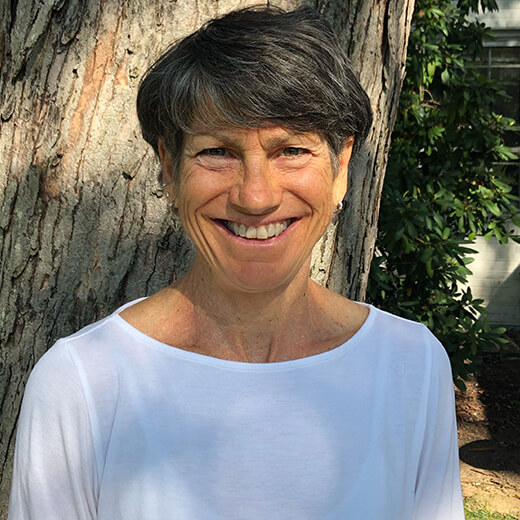Takeaway
It is a privilege to bear witness to the suffering our patients endure and to share in the joy that comes in honoring a dying wish.

Passion in the medical profession | December 11, 2024 | 2 min read
By Stasia Reynolds, MD, Johns Hopkins Medicine
I never met Mr. C, but through a series of unfortunate events, I became his PCP and helped him die at home. And what a blessing it was for me.
Mr. C received most of his medical care through the VA system. He had gastric cancer and mostly saw his oncologist. The disease was metastatic, and he’d recently had a biliary drain placed. Mr. C’s prognosis was poor—though I’m not sure how aware he or his wife were of this. He was assigned a primary provider at the VA, but had never seen her.
When his biliary drain came loose and he got sick, he was admitted to my hospital just after Christmas. The patient and his family were offered palliative care consultation; however, they declined this and any discussion of hospice care. When he was discharged (with a PICC line), home care was arranged, and he was scheduled for a one-time hospital follow up visit in our primary care practice with one of our internal medicine residents. He never made it to that appointment.
I learned of Mr. C because I sign home care orders for many of the patients in our practice who have resident PCPs. I followed with admiration the home care he was receiving. I was called upon to help direct it and did so.
His labs showed new and worsening uremia and renal failure, but Mr. C didn’t want to return to the hospital. He and his wife were still not ready for hospice, either. So, I had near daily conversations with them and tried to prepare them for what I knew was coming. Ultimately, he died—peacefully, I hope—at home with his wife. I was the first person she called.
The experience with Mr. C and his wife reminded me of a few things:
1.The deep admiration I have for our home care colleagues. They went above and beyond and made it possible for this patient to be at home. They helped create the time and space needed for him and his wife to accept his prognosis.
2. Primary care can be critical and needn’t always depend on a long-standing, longitudinal relationship.
3. It is a privilege to bear witness to the suffering our patients endure and to share in the joy that comes in helping to honor a dying wish.
I’ll take that call anytime.
This piece expresses the views solely of the author. It does not necessarily represent the views of any organization, including Johns Hopkins Medicine.

